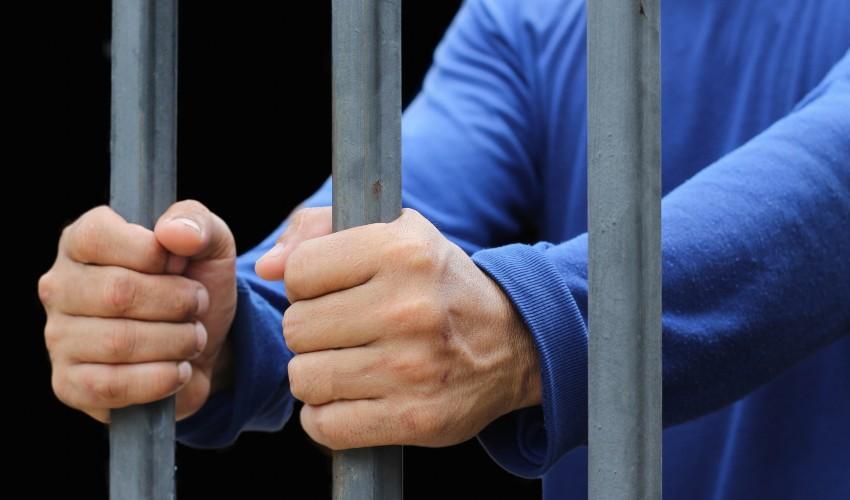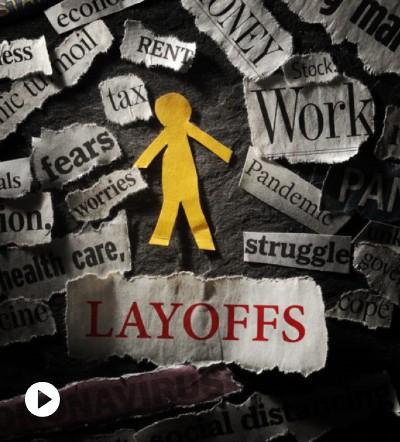
Unemployment Leads to Crime. A Confirmation from Brazil
AN EXCEPTIONALLY RICH DATABASE ALLOWED A JOINT RESEARCH TEAM FROM BOCCONI AND UNIVERSITY OF PERNAMBUCO IN BRAZIL TO ESTIMATE A 23% INCREASE IN THE PROBABILITY OF CRIMINAL PROSECUTION FOR THOSE LOSING A JOB. THE EFFECT, DUE TO LIQUIDITY CONSTRAINTS, APPLIES TO BOTH ECONOMICALLY MOTIVATED AND VIOLENT CRIMES AND SPILLS OVER ONTO COHABITING SONSA new study on the link between unemployment and crime portends a bleak picture of our future after the massive layoffs caused by the COVID crisis. Exploiting individual-level data on the universe of male workers and criminal cases in Brazil over the 2009-2017 period, Baffi-CAREFIN's CLEAN scholars Diogo Britto and Paolo Pinotti, along with Breno Sampaio (Federal University of Pernambuco) observe that losing a job due to a massive layoff leads to a 23% increase in the probability of criminal prosecution.
The probability of prosecution immediately spikes at job loss and remains constant for the following years, unless the worker is covered by the national unemployment insurance, that grants 80% of the salary for the three to five months following displacement. Even in this case, though, the mitigating effect vanishes when the insurance expires.
The observed effect reflects a rise in both economically motivated crimes (+43%) and violent crimes (+17%) and it is considerably stronger for groups that are more likely to be liquidity constrained upon job loss, namely younger workers and those with low job tenure and low educational attainment. However, the probability of committing crimes significantly increases for all groups - including workers with above median income, albeit to a lesser extent. A spillover effect of parental job loss on children’s behavior is also observed. In particular, the probability of committing a crime increases on average by 18% for the cohabiting sons of displaced workers.
While theory has already posed a link between unemployment and crime, empirical evidence has always been scarce due to the lack of individual data. The rich dataset used by the authors, however, allows them to compare the behavior of workers displaced by massive layoffs and workers with the same characteristics, who didn’t experience displacement.
The authors can also shed light on the mechanisms that lead from unemployment to crime. “Our results support economic explanations, primarily liquidity constraints over alternative hypotheses”, Dr. Britto says. “Furthermore, the increase in all types of crimes, including offenses with no economic motivation, such as car traffic violations, suggests that psychological stress upon job loss also plays an important role”.
“In an unemployment crisis”, Prof. Pinotti concludes, “income support should be accompanied by active labor market policies aimed at speeding up the return of workers to jobs and guaranteeing stable income rather than temporary income assistance. Furthermore, both passive and active policies should be targeted at vulnerable groups, because such groups are at greater risk of poverty upon layoff and consequently are more likely to commit crimes”.
Diogo Britto, Paolo Pinotti, Breno Sampaio, “The Effect of Job Loss and Unemployment Insurance on Crime in Brazil”, IZA Discussion Paper No 13280.
Listen to Diogo Britto at The Brazilian Report’s podcast "Explaining Brazil"

by Fabio Todesco
